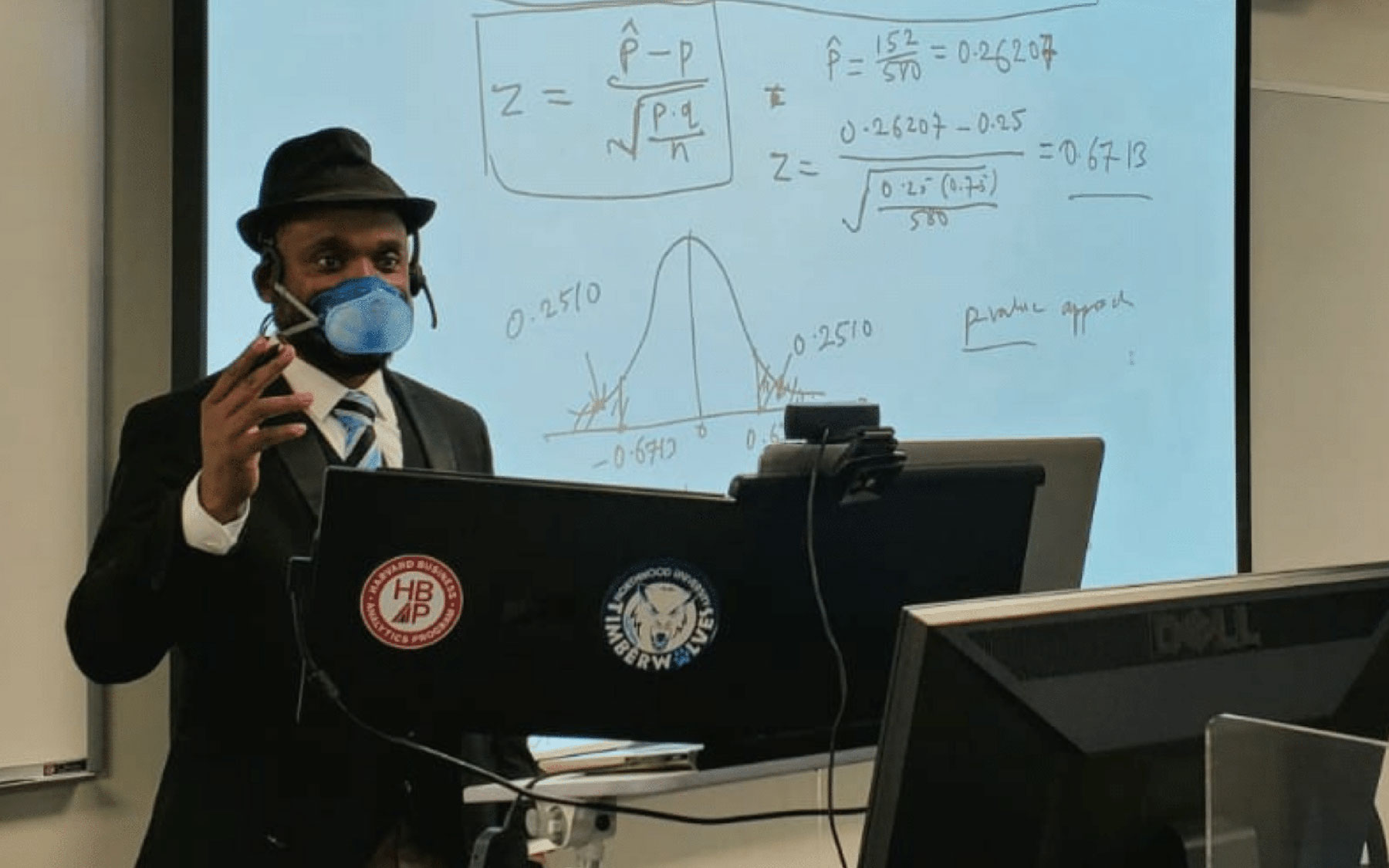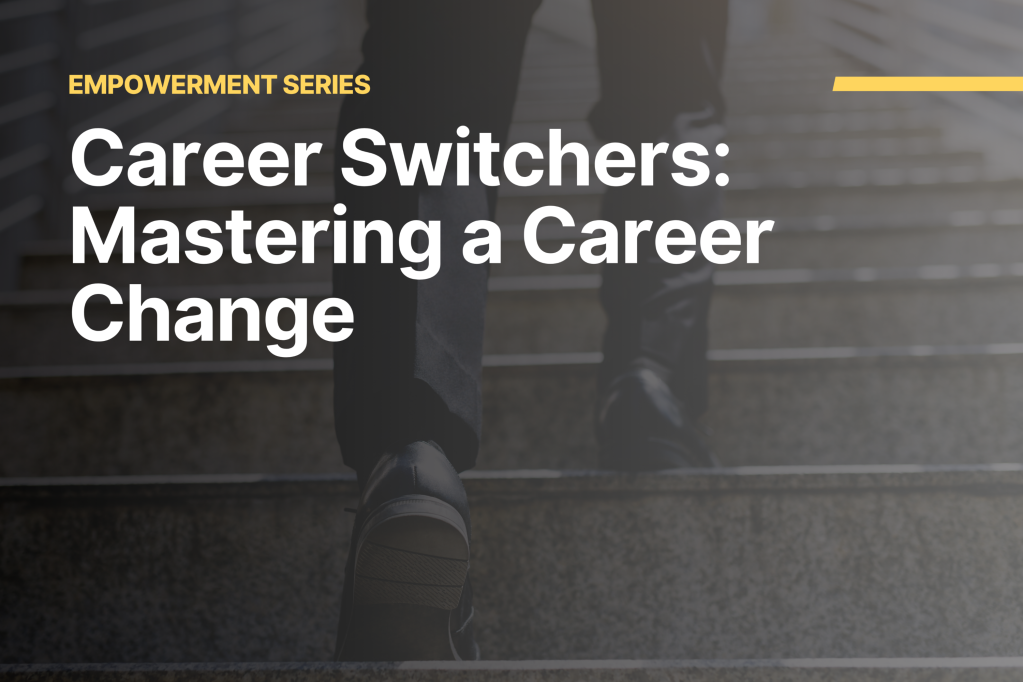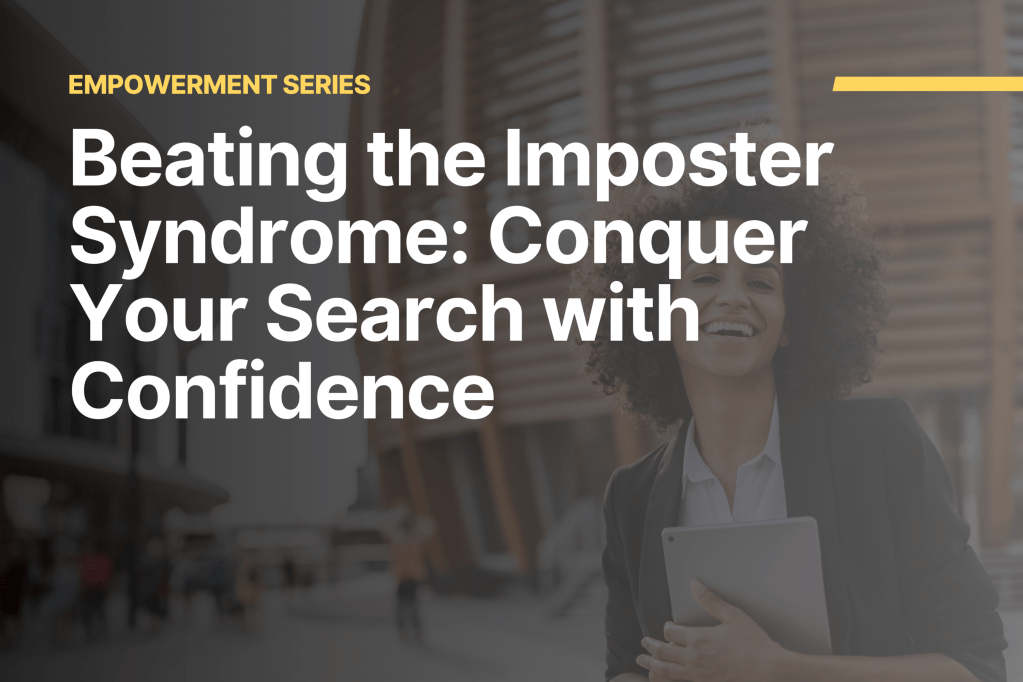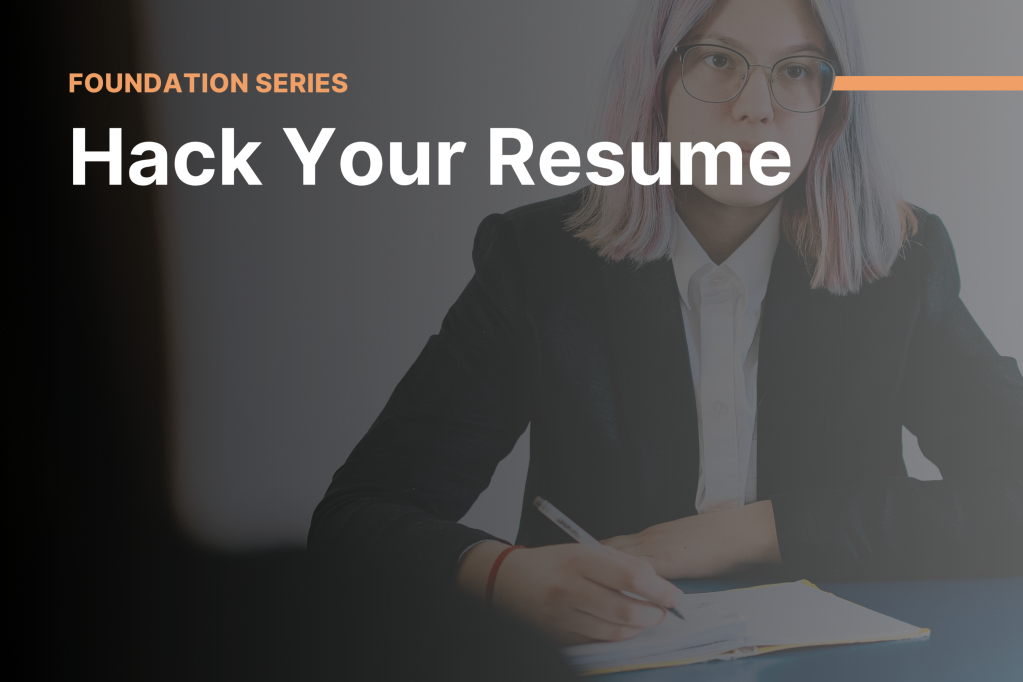2U, Inc. is the parent company of edX.
He comes from a Nigerian royal family and speaks fluent Turkish. He has a Ph.D. in Instructional Design and Technology and is the vice president of education for a Toastmasters club. He takes weekly flute classes, sings to entertain his family and friends, and figure skates alongside his oldest daughter.
Dr. Itauma Itauma is about as eclectic of a personality as they come—and he’s also the epitome of a lifelong learner. As a recent graduate of the 2U, Inc. Harvard Business Analytics Program (HBAP), he can now add HBAP student ambassador to his impressive list of credentials.
“My wife says taking online courses is my Netflix,” Itauma laughs. One scroll through his LinkedIn profile proves his wife is spot on. But of all his certifications, HBAP is the one Itauma takes the most pride in, and he is eager to share his story.
Inspired to Inspire
Last August, just a month before completing HBAP online, Itauma landed a full-time assistant professorship with Northwood University outside of Detroit, Michigan, where he teaches statistics to undergraduate students and applied data analytics to doctoral candidates. In the age of COVID, some of his students are physically in the classroom with him while others are simultaneously online—a juggling act that takes plenty of focus and coordination. Itauma attributes his ability to balance it all to what he learned from his HBAP professors: “I loved the energy the faculty put into their live classes. They really did an amazing job.”
“I had a very engaging online experience with the program,” he says. “At first, the biggest selling point to joining HBAP was that I didn’t have to relocate to Cambridge to get a Harvard education. The program went on to exceed my expectations in every way. The interface, the interactive content, the rigorous but supportive cold-calling on students, the mix of live teaching and asynchronous learning—it was all just right.”
Itauma felt that same type of synergy with his cohort. “We met online on weekends to collaborate on projects and sometimes just socialize with each other,” he says. “I’m still in touch with most of them since we graduated. Some of us have even started a ‘health first’ challenge together, to keep each other motivated and physically active during the pandemic.”

A Change of Plans, Made Easy
When he started HBAP in April 2019, Itauma was a technical program facilitator of data analytics and data science at Southern New Hampshire University (SNHU). He initially enrolled in a full-time cohort, intending to finish the program in nine months and then apply his learnings toward more intensive curriculum-building back at SNHU. Ironically, after completing HBAP’s Leadership, Innovation, and Change course, Itauma realized he needed a change of his own—”a personal renewal, a mind shift,” he calls it, “to make sure what I was doing professionally was still aligned with my passions. So everything that I learned from the course, I was able to apply toward my personal growth.”
He departed SNHU and transitioned to become a part-time student in HBAP, choosing to complete the program in 18 months instead of the original nine. “The switch was easy,” he says assuringly. “Every student is assigned a student success advisor, and they’re called that for a reason—because they want every student to succeed. Mine was very understanding and helpful; I called them up, and they walked me exactly through what I needed to do. It was not a difficult process; the key was communication.”
Opportunities to Struggle and Shine
Itauma excelled in courses that played to his strengths and experience in quantitative analysis and computer programming. HBAP also challenged him in areas outside of his comfort zone, “especially courses that incorporated marketing or finance,” he says. “Those spots are not really my terrain, but the case studies that required us to dig into anything related to money, pushed me in a good way.”
The program’s emphasis on collaborative projects also energized Itauma: “We had just completed our Data-Driven Marketing course,” he remembers, “and my team was looking for a project related to something current that would put our skills to the test. The pandemic had just hit, so we decided to create a global Coronavirus tracking app, incorporating data tables that provided information on COVID cases in different parts of the world using an interactive dashboard. A year later, we’re still looking for ways to extend the app and keep improving on it, bringing new ideas and analytics into it, since the pandemic rages on.”
“Another project I found exciting was the Global Supply Chain Management Simulation exercise in our Operations and Supply Chain Management course,” Itauma continues. “Through this web-based simulation, my teammate and I created a global supply chain to deliver mobile phones over a four-year period, making decisions on customers, suppliers, product design, etc. along the way. Our goal was to balance customer priorities with supplier variables to create a flexible mechanism that could react quickly to unexpected factors—for example, a vote of ‘no confidence’ from the company’s board—and still remain profitable. That’s one aspect to the power of data analytics: You can use it to build processes that can predict and respond to real-world situations in real time!”
By the end of the simulation, Itauma and his partner netted the company $48 million in profit and won an award for excellence out of about 30 other fellow HBAP students.

Living His Namesake Every Day
“In Nigerian folklore,” Itauma explains, “my name is also that of a water sprite whose role was to protect the villagers of a riverside community long ago. ‘Itauma’ means helper, and that’s exactly what I do.”
Teaching students how to use data to solve real-world problems is empowering and fulfilling work, Itauma says, and HBAP has helped him be even better at it: “I strive to be a professor who inspires creativity and instills a lifelong love of learning. I want my students to enjoy their studies, so I need to show genuine enthusiasm in everything I teach and model behavior that I want them to take into their careers. I try to make my classes lively and encourage students to exceed expectations. My interactions with the professors in HBAP showed me how I can be more dynamic and agile in my own teaching. One of them even played the guitar in his classes. So now I play the flute with my students!”
Itauma confesses he loves talking up the benefits of HBAP all the time, explaining how the program can help leaders equip their staff to be more data conscious and draw better insights, and how it can help professionals improve their intuition for turning data into success. “For those considering HBAP,” he says, “I say go for it because it’s a priceless, once-in-a-lifetime experience. And the program attracts students with so many diverse interests, careers, and talents. It’s a great opportunity to network and collaborate with people from all different time zones. I tell people the HBAP curriculum will change their world because it changed mine.”
“Of course, it’s also about bragging rights,” Itauma jokes once again. “Before HBAP, only my wife was entitled to talk about Harvard at the dinner table, since she’s an alumna of the university. Now we’re both ‘qualified’ to share our knowledge and fond memories. And our three daughters just smile.”
This article was originally published by 2U, Inc.










